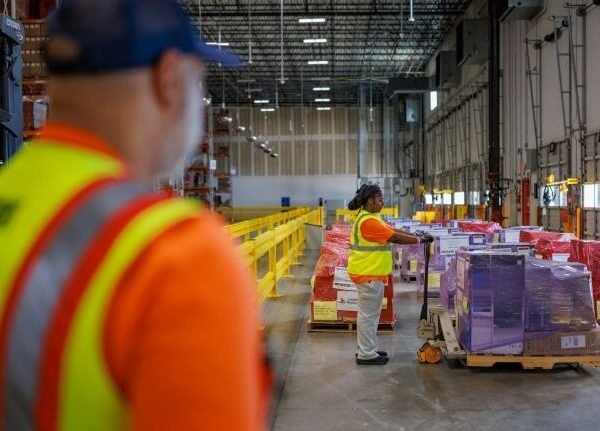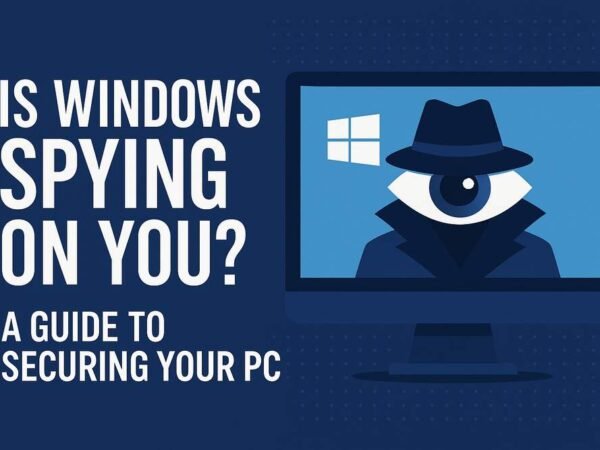In the past, securing a home or business meant holding a metal key in your hand — something simple, physical, and accurate. But today, the idea of “access” has shifted. It’s no longer just about locks and keys. It’s about digital codes, biometric scans, and even smartphone apps. This shift is not just technological; it’s emotional, social, and deeply human.
The modern locksmith is no longer just a key cutter or a door unlocker. They’re part of a broader conversation around digital security, data trust, and feeling safe in an increasingly virtual world.
Reimagining Security in the Age of Smart Locks
Traditional Locks: A Tangible Sense of Safety
Holding a key is comforting. It’s small but mighty. For decades, locksmiths have been the stewards of this system, creating, duplicating, and repairing the locks that protect what matters most.
However, as technology has advanced, the limitations of traditional locks have become clear. Lost keys, lockouts, and easy-to-pick mechanisms call for innovation.
The Digital Turn: Locks Without Keys
The introduction of smart locks — devices that use Wi-Fi, Bluetooth, and mobile integration — has changed how people view access. These systems can: Allow remote unlocking via phone. Use personalized codes for entry. Offer logs of who entered and when
While these features offer convenience and control, they also introduce new anxieties. What if your phone dies? What if the system gets hacked? Unlike a lost key, digital failure is less visible — and often more complicated to solve without expert help.
When Your Phone Becomes Your Front Door
The Rise of Mobile-First Entry
Today, smartphones are more than communication tools — wallets, ID cards, and house keys. With apps managing entry points, users can lock or unlock doors from miles away.
This trend, however, invites more profound questions. What happens when your digital life is compromised? Can a locksmith fix a hacked account? The modern lock isn’t always something you can touch, which means the contemporary locksmith isn’t always someone who works with their hands.
Digital Locks and Emotional Detachment
There’s something intangible about tapping your screen instead of turning a key. While smart locks can make entry seamless, some users feel less connected to the spaces they inhabit. There’s no satisfying click, no tactile confirmation. Access has become virtual, as has the trust that comes with it.
Biometric Barriers: Privacy Meets Precision
Fingerprints, Faces, and Future Access
Biometric entry systems—using fingerprint recognition, facial scanning, or retina patterns—are becoming more common in homes and businesses.
For locksmiths, this shift is both a challenge and an opportunity. While traditional tools may not apply, new skills are in demand. Understanding encryption, firmware updates, and data protocols is now just as important as knowing how to rekey a lock.
The Ethical Angle of Biometric Locks
Biometric data is deeply personal. It can’t be changed like a password or replaced like a key. Once stored — or worse, leaked — it’s out there permanently. This raises significant questions: Who controls your biometric data? How securely is it stored? Can you revoke it?
For many, trusting a lock is now also about trusting the companies behind the lock — a significant shift from relying solely on the expertise of a neighborhood locksmith.
Rethinking the Role of the Locksmith in a Connected World
From Craftsman to Digital Technician
The locksmith of today is evolving. It’s no longer enough to carry tools for rekeying or bolt installation. Modern locksmiths need to: Configure smart home systems. Troubleshoot digital lock errors Navigate software updates Understand cybersecurity basics
This transformation pushes locksmiths to learn new skills and market themselves as security experts and tech-savvy problem solvers.
Earning Trust in an Era of Invisible Security
When someone hires a locksmith, they’re not just granting physical access — they’re handing over a layer of trust. That trust used to be about protecting doors and keys. Now it extends to data, networks, and even digital behavior patterns.
Modern locksmiths are often seen as the last line of defense between personal privacy and technological vulnerability. Their ability to stay current with evolving systems determines their success and the security of a home or office.
Conclusion
Access is no longer about fitting a key into a lock. It’s about identity, data, and connection. As smart locks and biometric systems reshape our approach to security, we’re also redefining what it means to feel safe, in control, and trusted.
This isn’t the end of an era for locksmiths — it’s a rebranding of their role. They are no longer gatekeepers of doors but guardians of digital boundaries, human trust, and peace of mind.
Frequently Asked Questions
Are locksmiths still needed if most locks are digital now?
Yes. While physical keys are declining, locksmiths now handle innovative systems, install digital locks, troubleshoot technical issues, and ensure digital and physical access security.
What happens if a smart lock system fails?
If your smart lock malfunctions or loses connectivity, a modern locksmith trained in digital security can reset the system or provide backup access without damaging the property.
Is biometric locking safe for home use?
Biometric locks are secure and convenient, but they come with privacy risks. Data breaches or poorly protected storage can expose sensitive personal information.
Can locksmiths help if I’m locked out of a keyless system?
Absolutely. Many locksmiths are trained to bypass or reset electronic systems without damaging the lock or door, providing a secure entry when tech fails.
Do Read: Blog MobileCreativeOrg: Empowering Innovation Through Mobile Creativity













